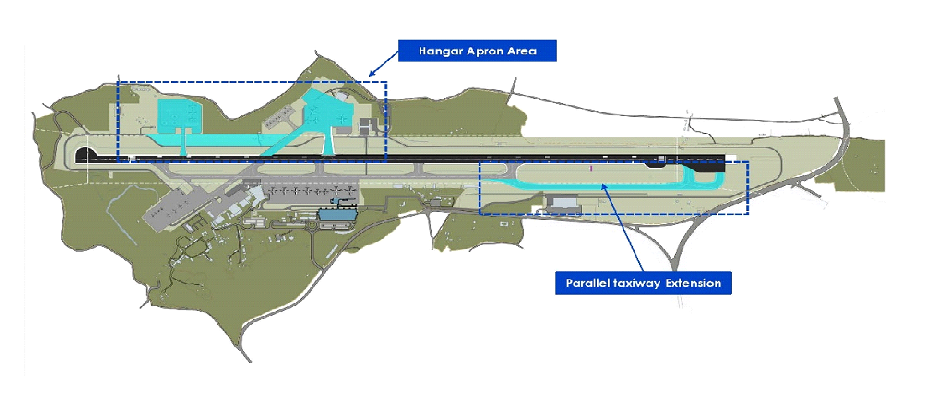


| Client: | Swiss Agency for Development & Cooperation (SDC) |
| Funding Agency: | Swiss Agency for Development & Cooperation (SDC) |
| Period: | July 2020 to December 2024 |
| Consulting Association: | JV of GEOCE Consultants (P) Ltd, Total Management Services Pvt Ltd & Aviyaan |
| Approx. Value of Services: | Total- US$ 1,493,000; GEOCE’s part-US$ 597,200 |
| Professional Staff Input: | International (2) and National (223) person months for Project Implementation Team |
Salient Details
The Small Irrigation Programme (SIP), Phase II will provide year-round irrigation to 20,000 ha in about 1,300 small irrigation schemes through community driven process benefiting 65,000 small farming households with an aim to double their agriculture income. The expected impact of the program is to reduce the poverty of small farmers especially from the disadvantaged groups by increasing their agricultural incomes. This will be achieved through three outcomes: (i) local Governments respond effectively to needs of small farmers for irrigated agriculture; (ii) small farmers especially disadvantaged groups increase agricultural productivity and (iii) market actors offer innovative supports and products to farmers in irrigated schemes. The main approach of the programme is to consolidate the positive results in development of irrigation infrastructure, and further refine scheme design to condition these schemes for dry season irrigation of high value crops, and thus create enabling conditions for the introduction of commercialized agriculture. LGs shall actively support the introduction of improved agriculture practices with a focus on the production of high value cash crops as well as ensuring a conducive environment for the development of the private sector exist and facilitate the linkage between the input and output markets with the farmers.
The programme components include:
⦁ Institutional strengthening and capacity development of Local Governments (LGs)
⦁ Improved irrigation infrastructures
⦁ Water Users Associations irrigation system management
⦁ Agriculture market
The program covers 55 municipalities in mid-hills of Ilam, Panchthar, Tehrathum, Dhankuta, Bhojpur, Khotang, Okhaldhunga, and Udaypur districts of Province 1.
In brief, the roles of the PMISC are to support programme implementation as well a policy initiative for a uniform sub-sector approach for small irrigation development.
The scope of services include: (i) preparation of Yearly Plan of Operation (YPO) for the Government of Nepal for the programme implementation; (ii) programme management and implementation support to the PSU; (iii) assistance in the identification and screening of potential projects, (iv) strengthening Water User Associations (WUAs); (v) undertaking feasibility assessments of screened projects using a comprehensive participatory approach, (vi) preparing detailed designs and bill of quantities (BOQs), (vii) construction supervision, (viii) support to WUAs in undertaking project irrigation works, (ix) assure synergy with other SDC funded programmes/projects in the agriculture sector for developing and implementing agricultural extension programs; (x) support in monitoring of programme in terms of physical and financial progresses; (xi) prepare Fund Flow Analysis (FFA) and; (xii) prepare Outcome Monitoring Summary (OMS), Annual Programme Reports (APR). In addition, PMISC is mandated to manage the Swiss Grant to the Government of Nepal.
The project cost is 49.46 million Swiss Francs.




